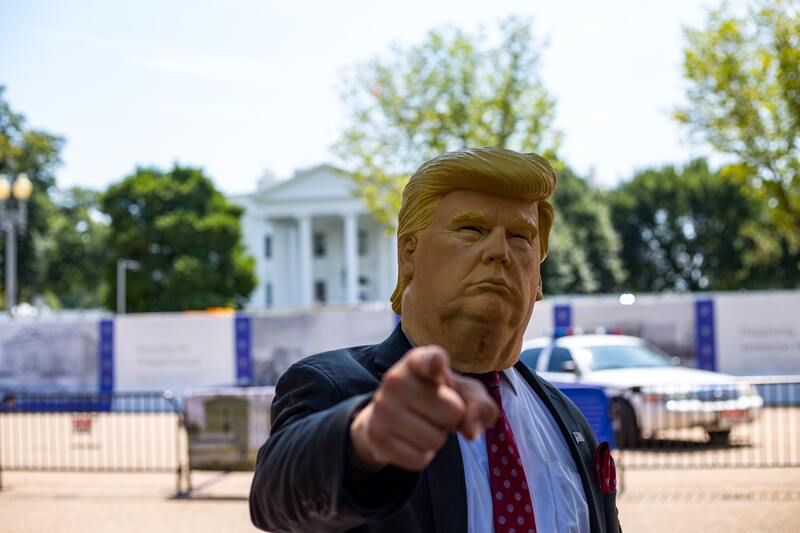
Coinbase CEO says Trump Administration may ‘rush out’ crypto wallet rules. On Wednesday night, Coinbase CEO, Brian Armstrong took Twitter to blow up the U.S. Treasury Department’s alleged plans to try to monitor owners of self-hosted cryptocurrency wallets with a cumbersome set of data collection criteria.
If the rumours are to be believed, outgoing Treasury Secretary Steven Mnuchin is preparing to tamp down on one of the fundamental tenets of the cryptocurrency ethos: the ability of the individual to hold their crypto (unmolested) themselves.
“This proposed regulation would, we think, require financial institutions like Coinbase to verify the recipient/owner of the self-hosted wallet, collecting identifying information on that party, before a withdrawal could be sent to that self-hosted wallet,” Armstrong tweeted.
If valid, the legislation will reflect a broadside to the U.S. cryptocurrency industry as few have ever been levied by the federal government. It will force companies to know every counterparty about their users’ crypto transactions, keeping logs, monitor movements, and verify identities even before the transfer could take place.
It would also bring to pass the worst-case scenario envisioned by industry players when the Financial Action Task Force (FATF), an intergovernmental body, told its member countries to apply the so-called travel rule to crypto businesses last year. This long-standing rule requires financial institutions to collect information about the sender and receiver of a money transfer. But it was ambiguous what that would mean when someone sends bitcoin (BTC, +0.29%) from, say, their Coinbase account to an address controlled by a private key on a sheet of paper kept in a sock drawer.
It would not just affect those who store their coins on a hardware device like Trezor or Ledger. Many crypto services use non-custodial wallets, decentralized finance (DeFi) smart contracts, software wallets, paper storage. All would need to prove their provenance to transact with regulated entities under the rumored rule.
Such a sweeping interpretation of FATF guidance has already been applied in Switzerland and the Netherlands. There, virtual asset service providers (VASPs) must prove the ownership of non-custodial crypto wallets ahead of transfer.
Armstrong said Wednesday that such a regulation “would be a terrible legacy and have long-standing negative impacts for the U.S.”
“This additional friction would kill many of the emerging use cases for crypto. Crypto is not just money – it is digitizing every type of asset,” he added.
“Imposing a KYC [know-your-customer] requirement on transactions between on/off ramps and every wallet that transacts with them expands the reach of regulation over crypto exponentially,” Farber added. “More importantly, it changes what crypto can be, at least at scale.”
He called Armstrong’s concerns justified and said these potential regulations should be taken seriously by the cryptocurrency community.
[image: Darren Halstead]

